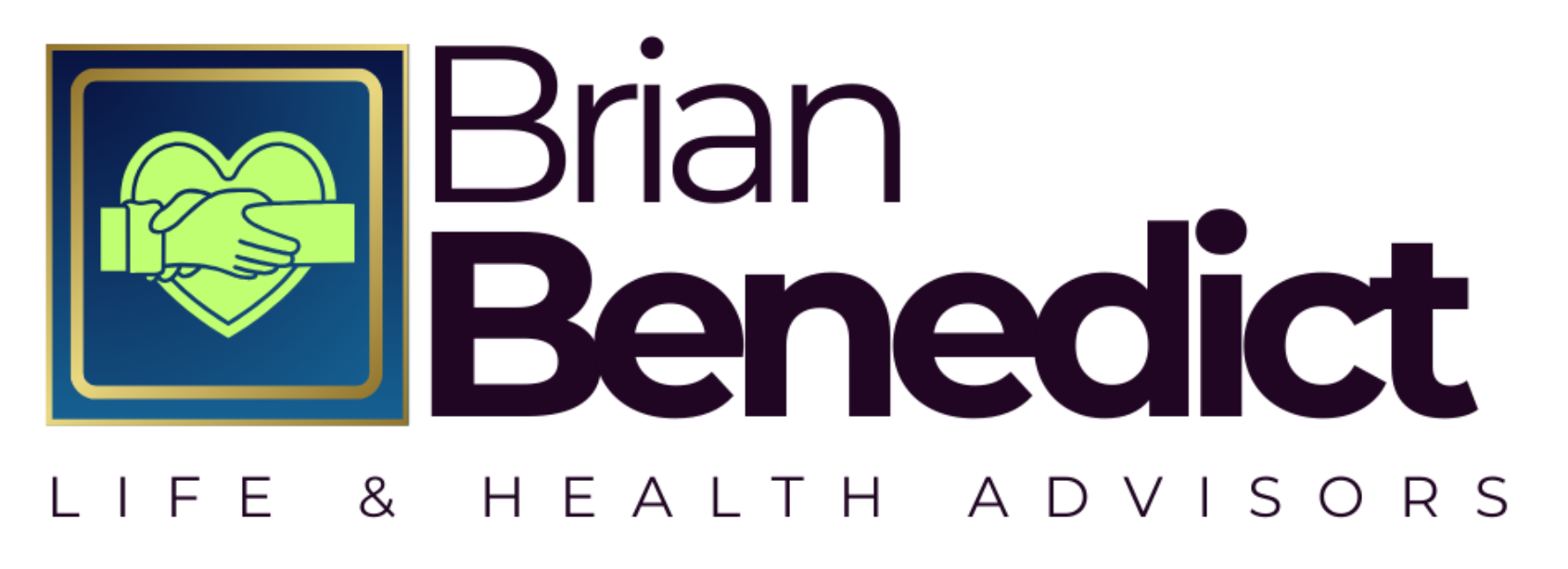Understanding National Senior Fraud Awareness Day
Every year on May 15, we observe National Senior Fraud Awareness Day, an important reminder to protect our elderly loved ones from fraudulent schemes. As scams continue to evolve, remaining informed is one of our best defenses. By familiarizing ourselves with common scams, we can better safeguard those who may be more vulnerable to deceitful tactics.
Tech Support Scams
In tech support scams, fraudsters impersonate reputable tech companies, claiming there's an issue with the victim's computer. They often ask for remote access, which can lead to financial theft or unauthorized access to sensitive information. Encourage your loved ones to verify any such claims independently before offering access.
Government Impersonation Scams
Scammers posing as government officials use fear and legal threats to extract personal and financial data. They might demand immediate payment or insist on the release of private information under the guise of urgency. Remind seniors to question requests for money or personal information from unknown callers, especially under pressure.
Grandparent Scams
In grandparent scams, impostors pretend to be a grandchild in urgent trouble, like needing bail money or medical funds. The aim is always to create panic and urgency. Always verify the identity of the caller and contact other family members for confirmation before acting.
Romance Scams
Romance scams can be particularly devastating, as criminals build online relationships based on trust over time before requesting money. Educate older adults about the risks of online friendships and advise them to remain cautious about sharing personal details or financial help online.
Medicare Scams
Medicare scammers often pretend to be representatives offering healthcare services. Their goal is to steal sensitive information using fake services as bait. Remind your loved ones that genuine Medicare representatives will never ask for private information over the phone unprompted.
Sweepstakes Scams
In sweepstakes scams, victims are told they've won a significant prize but must pay fees upfront to claim it. This demand for advance payment is a major red flag. Encourage skepticism towards these offers and the motto: if it sounds too good to be true, it probably is.
Ensuring that seniors are aware of these schemes can prevent significant emotional and financial harm. Share this information with your family and friends, and remember that spreading awareness is a powerful tool in combatting fraud. For more resources or to report a scam, visit your government’s fraud reporting website or contact their fraud hotline.
